When it comes to selling your 'surplus to requirement' used guns and rifles, there are 2 obvious choices, sale at auction or alternatively through your gunmaker or gun dealer. Being a gun dealer myself for 30 years I would like to put down my thoughts on who I think does the job best for the seller.
The auction houses tend to get a lot of good press about prices achieved and I readily admit that on many occasions, more often than not predictably, they do achieve some exceptional prices. I say predictably because some very rare guns appear at auction and it is almost as if the auctioneers don't quite realise the scarcity. In the catalogue the reserve or estimate by no means reflects the value of the lot. After achieving a sale way beyond estimate, the auctioneers then glow with pride at what they have achieved! I don't believe they should, in reality they were prepared to sell it and often do, for the reserve price, meaning the seller looses out if the right buyers were not attending or bidding on that day.
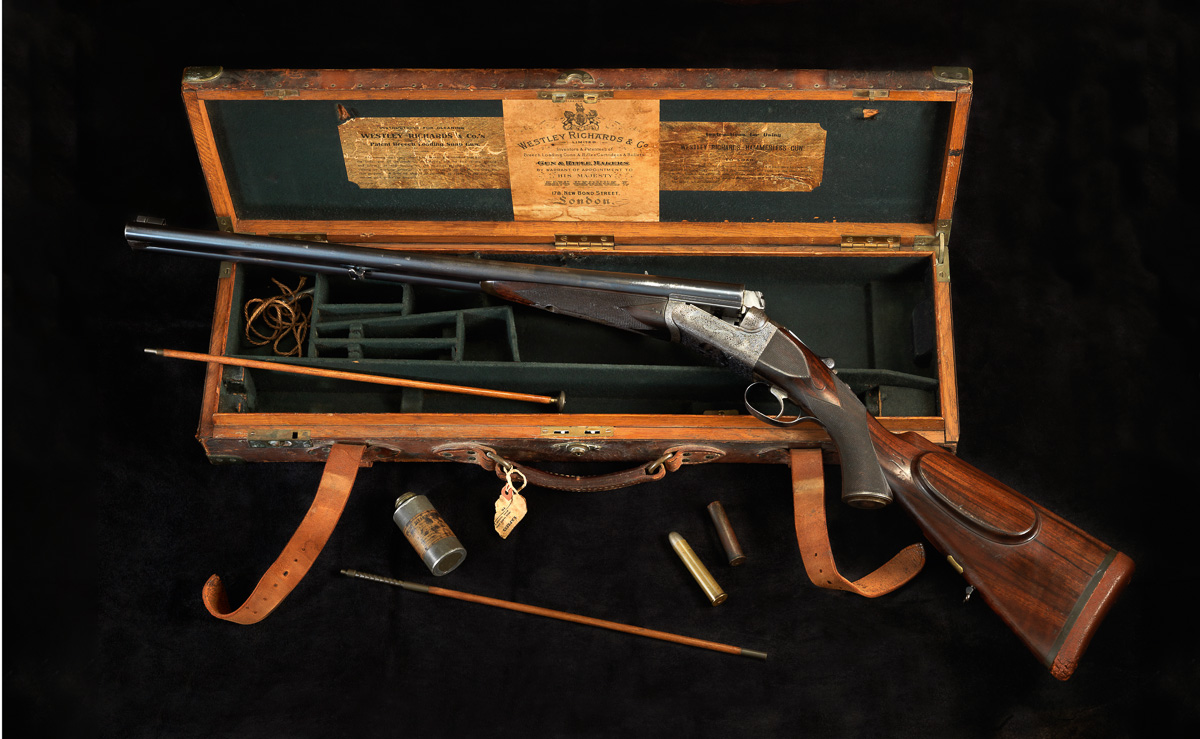 Ernest Hemingway's Westley Richards .577 sold at James Julia auctions. Estimated at $150,000-200,000, the final sale price was $339,250 and is an example of an exceptional price achieved. Provenance is always unpredictable!
Ernest Hemingway's Westley Richards .577 sold at James Julia auctions. Estimated at $150,000-200,000, the final sale price was $339,250 and is an example of an exceptional price achieved. Provenance is always unpredictable!
The Trade (meaning gun dealers) are big buyers at the auction houses and this in itself is a good indicator that best market values are not being achieved at auction. The seller of the lot is loosing out on the sellers commission, the hammer commission, insurance cost and whatever else can be loaded on ( 30% or more being lost on the sale price) but also whatever the dealer will then mark the gun up and sell to a final customer! The trade I can assure you do not go to pay top price for the items, they are there to pounce on the bargains!
Let's take a simple example from a fictitious auction but with realistic costs, a pair of old 12g Purdey shotguns. They are entered into the auction with a reserve of £10-12,000, the hammer falls at £10,000 to an active member of the trade buying the guns for his stock. The dealer will pay £12,500 including commission and the seller will get about £8550 after all deductions and depending on agreed commission. The dealer then cleans the guns up spending £1000 and makes them fit for a sale he can stand behind, (none of which will be done by the auction house) and sells them finally for £17,000 to an end user. The seller in this case, if working with the dealer on a 20% commission basis will receive £11600 being sale price less commission, repairs and VAT. £3050 better off!
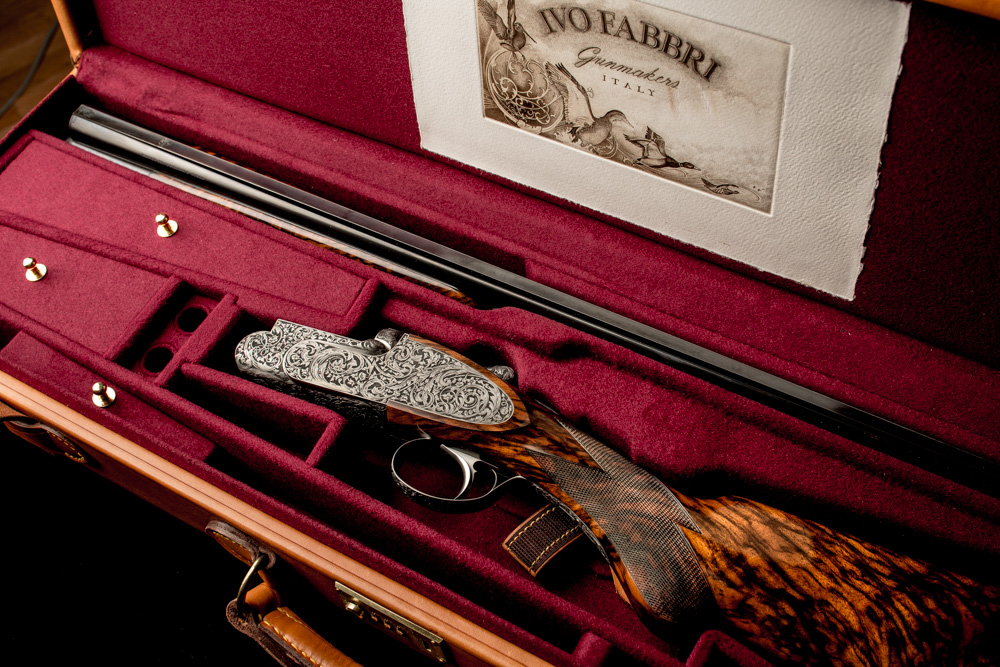 A used Fabbri 20g sold by Westley Richards.
A used Fabbri 20g sold by Westley Richards.
The thought that auctions reach all buyers is false, many people do not like to buy at auction, I would say most don't. There is no specialist advice on mechanical condition and there is the "bought as seen" term, meaning the responsibility is yours to see if it is working. The English auctions are obliged to make sure the gun is in proof but not that it will go off! Auction buyers therefore tend to be limited to people with the knowledge and confidence to do so, a fraction of the market.
Selling through a gun shop has many benefits. Guns are the life blood of the shop and if you want to be able to take your guns for repair, buy cartridges and accessories, see new products, talk guns etc. the shop needs to stay in business and used guns play a big part in this. The gun shop will advise you of the value of the gun and set a sale price in agreement with yourself along with the commission they will charge on completion of the sale. (This commission will incur VAT). Your gun will be put up for sale, advertised on their website and with a good dealer this will have global reach and hopefully result in a prompt and successful sale.
Don't be greedy, there is a price at which the gun will sell and one at which it will sit for years, if you can't agree the value with the dealer you can always try your luck at another shop or the auction. If you want to sell the gun outright there will most likely be a chance for that also assuming you select the right dealer for your type of gun and also allow the dealer the margin to put it in stock.
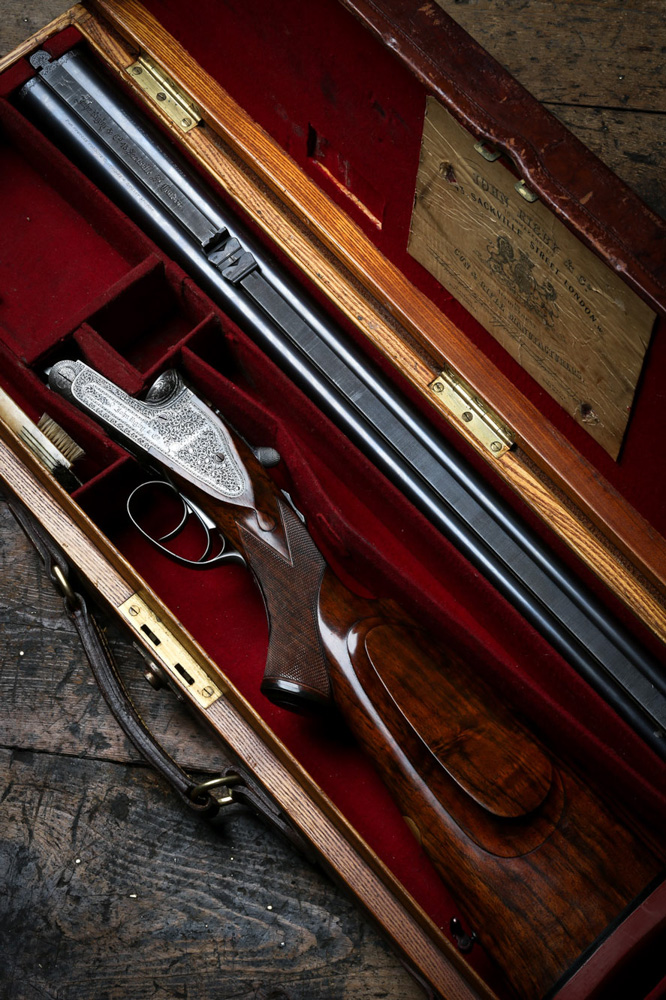 A Rigby .470 sold by Westley Richards.
A Rigby .470 sold by Westley Richards.
Finally a shameless plug! Westley Richards has an international client base and we are always looking for high quality guns and rifles by best makers. We have a popular website which features a used gun section and we advertise on 2 other sites with excellent traffic and results. We would be pleased for the opportunity to discuss your gun or gun collection!
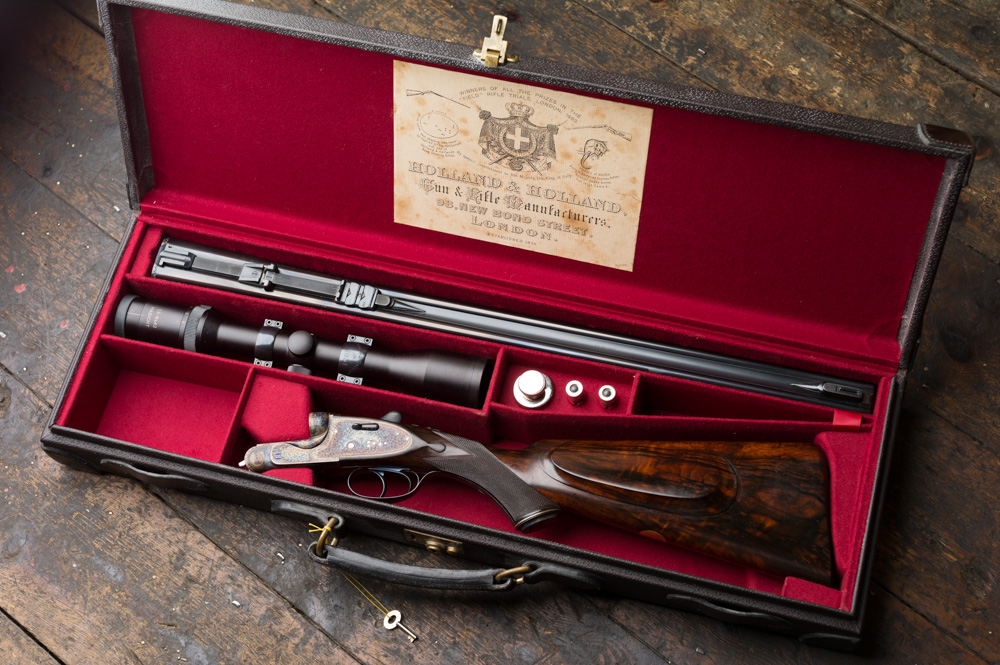 Holland & Holland 240 Royal sold by Westley Richards.
Holland & Holland 240 Royal sold by Westley Richards.
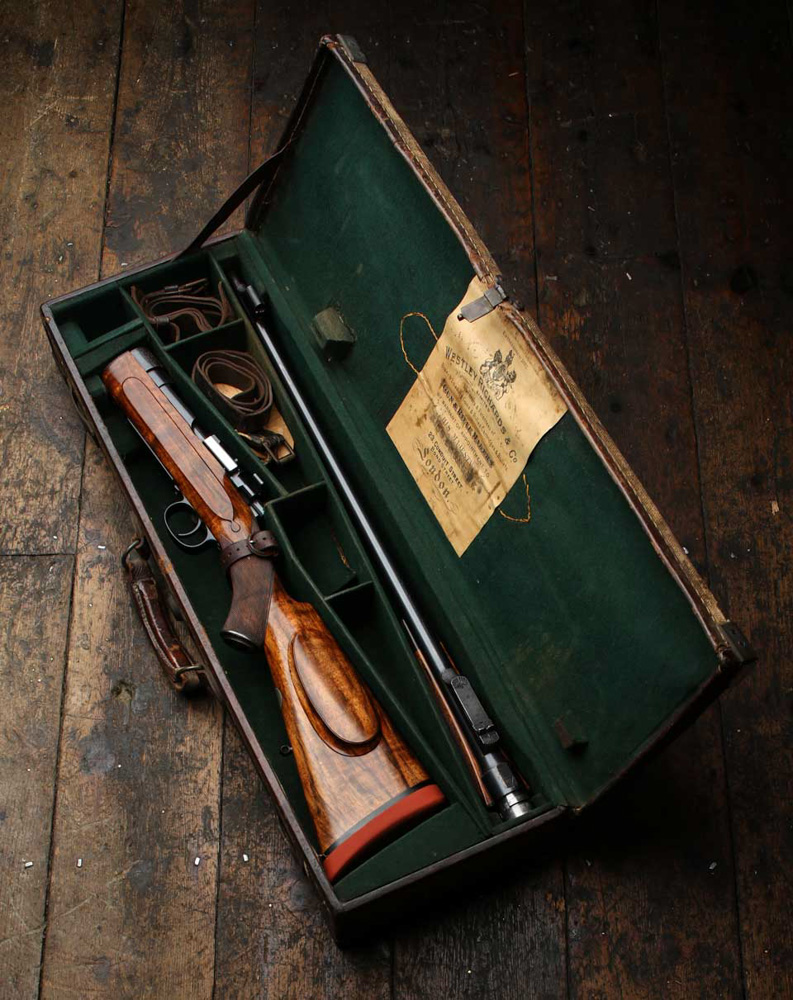 Westley Richards .318 Take Down sold at Westley Richards.
Westley Richards .318 Take Down sold at Westley Richards.

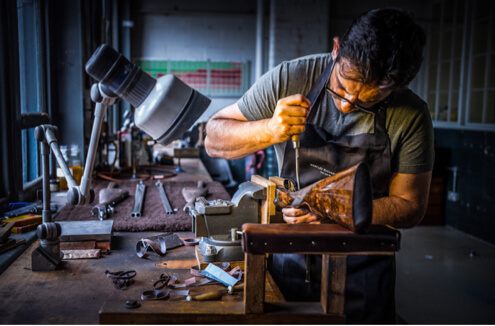
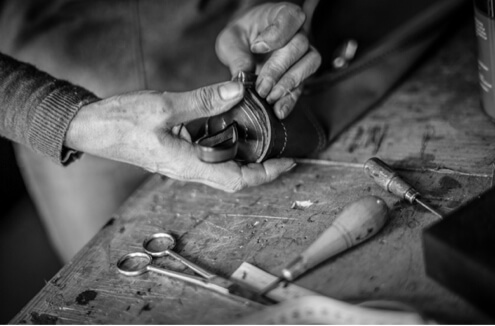
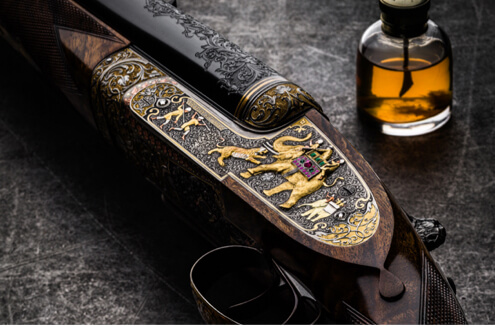

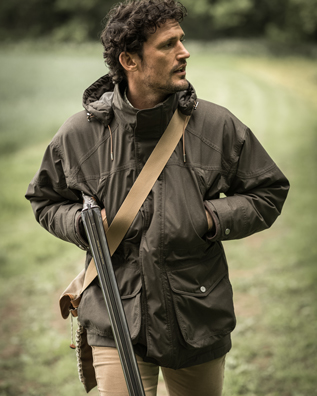
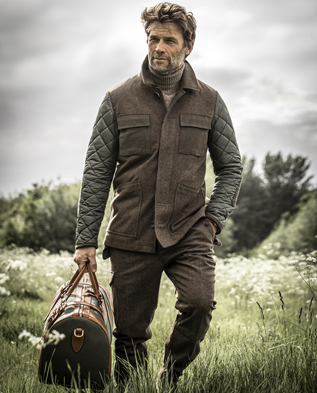
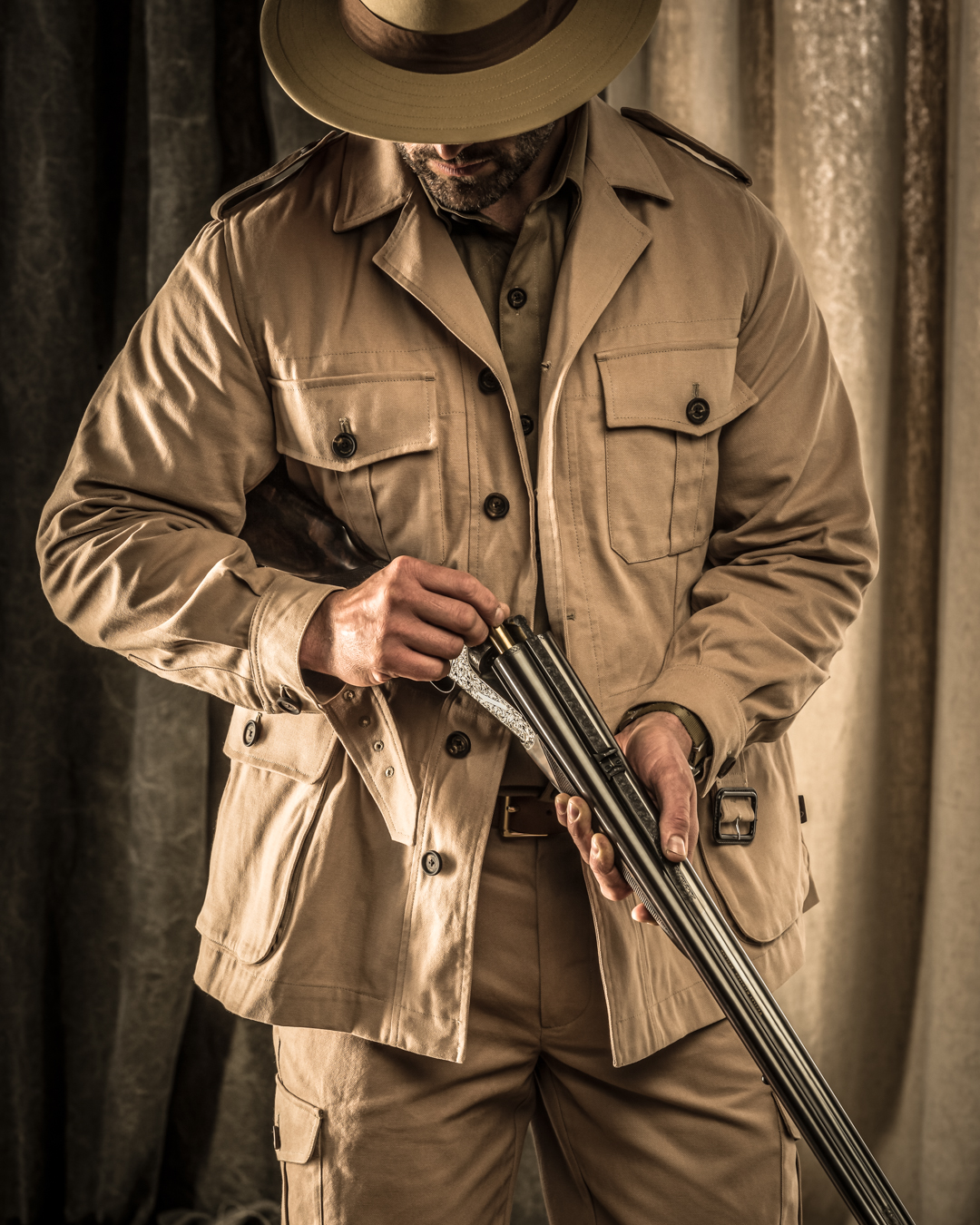
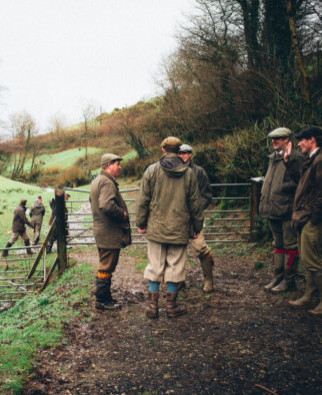
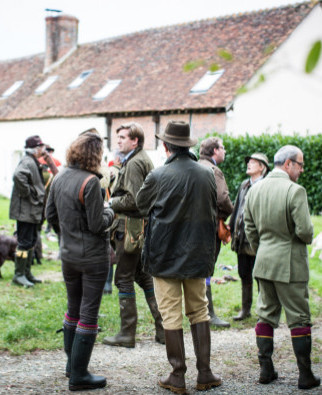


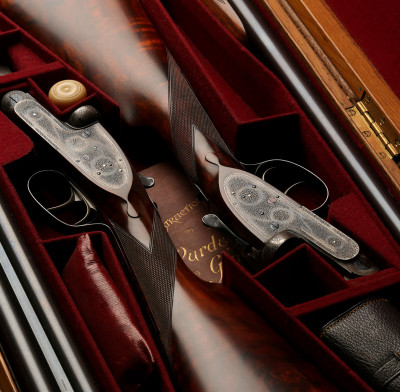

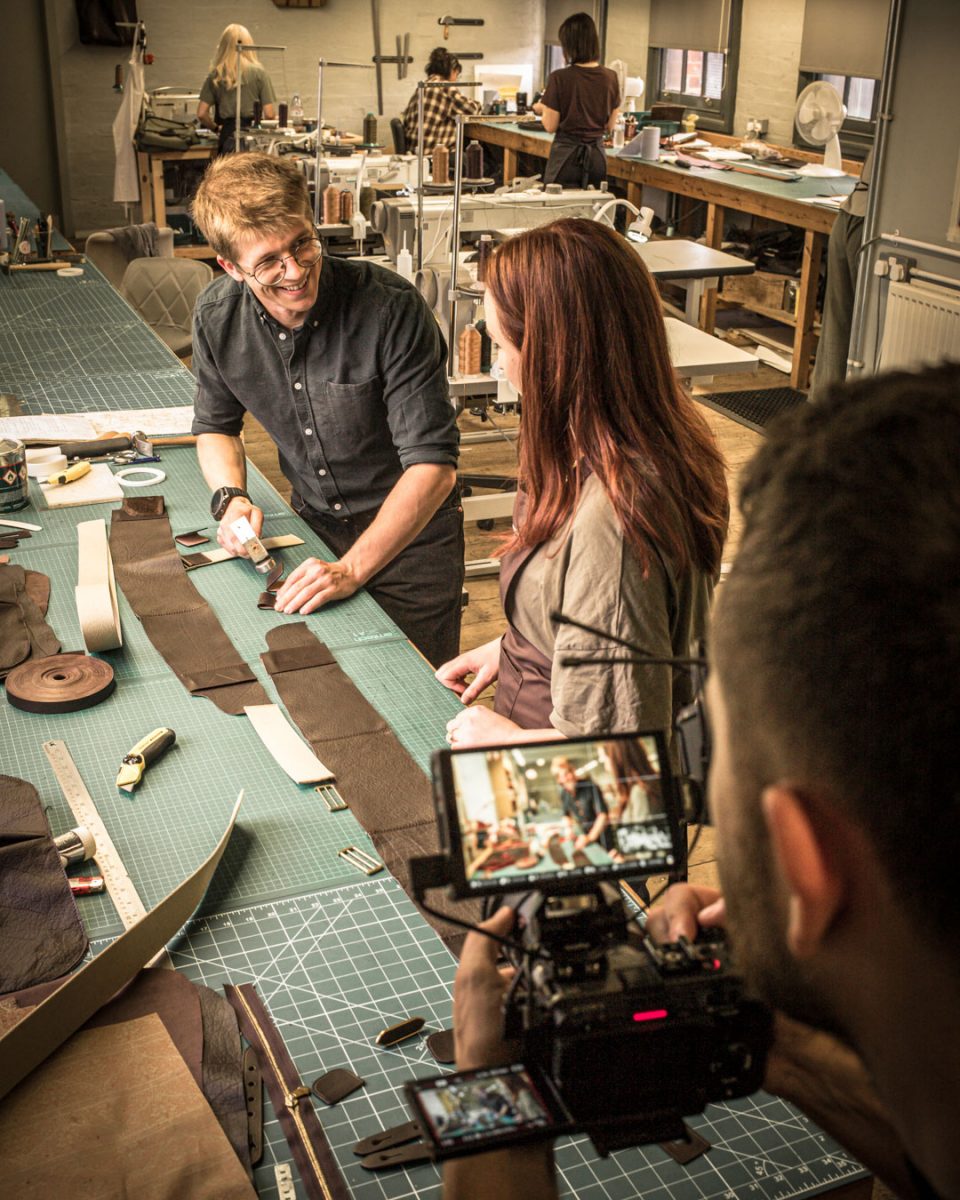
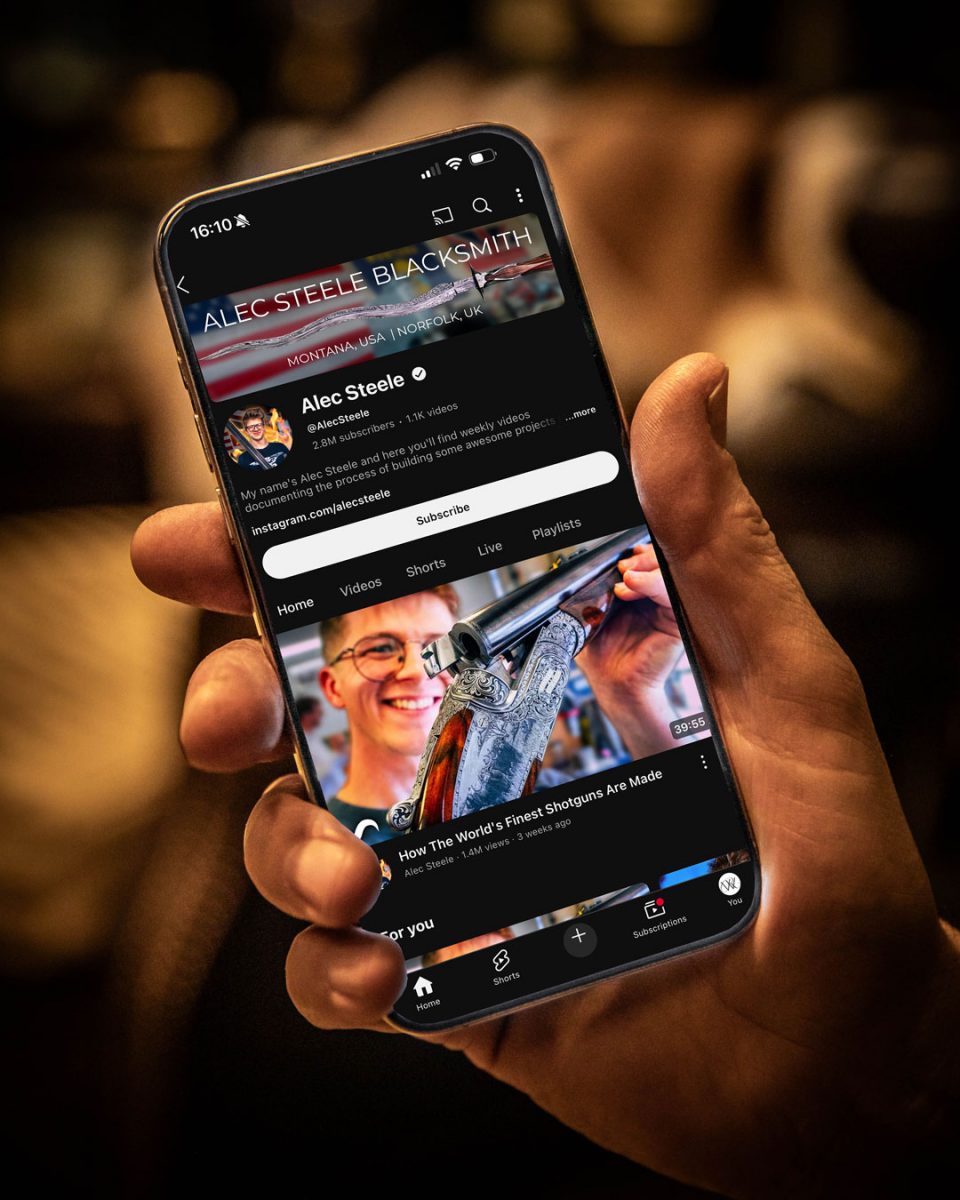

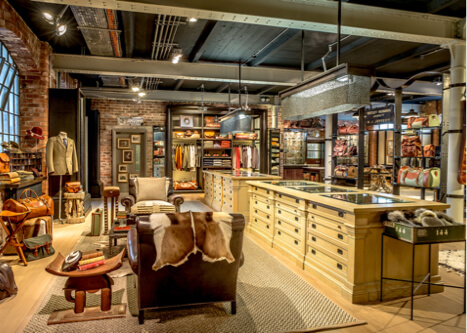
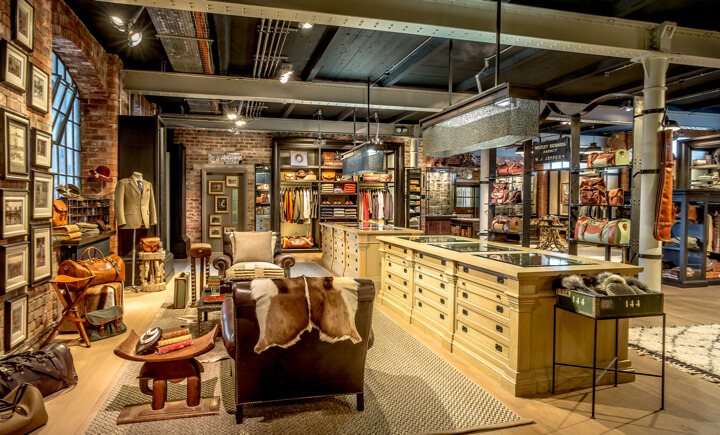
Mark Audino on May 25, 2014 at 11:43 am
Really good piece on auctions vs. gun trade purchases.
Mark
Vic Venters on May 30, 2014 at 8:46 am
Having messed about buying British guns for a long time from dealers and auctions, and having learned my lesson(s) the hard way on a couple occasions, it is worth noting that while the purchaser may pay a little more buying from a reputable gunmaker who also deals in second-hand guns, that maker has a reputation to protect, so does not (intentionally) sell the sort of gussied-up (camoflaged) junk so prevalently seen these days. You take your chances with any old gun, but a good gunmaker will be looking out for your interests as well as his. Nice article.
Simon Clode on May 30, 2014 at 11:31 am
Thank you, and we want the customer to come back and buy another and another ........ and then we want to buy them all back from him and start again! There are not that many best guns in the market when all things are considered!
Dr. Paul Draghi on June 6, 2014 at 10:06 am
An excellent piece that prompts two comments:
First, in my early days of collecting firearms I was told by a collector and dealer of international repute that he never sold at auction because he never in his many years of collecting heard of anyone who ultimately profited by selling through an auction. While he may have overstated the case, I never forgot the advice, and follow it religiously.
Second, it is my observation that the best pieces often change hands from one owner to another through a reputable dealer (and in the best cases a gunmaker who also deals in used firearms) who knows both parties and generally completes the sale without even advertising the gun. Such transactions are invariably fair to all concerned. My advice: Get to know a dealer--preferably a gunmaker--well and make your needs known, and when you sell stay with that dealer.